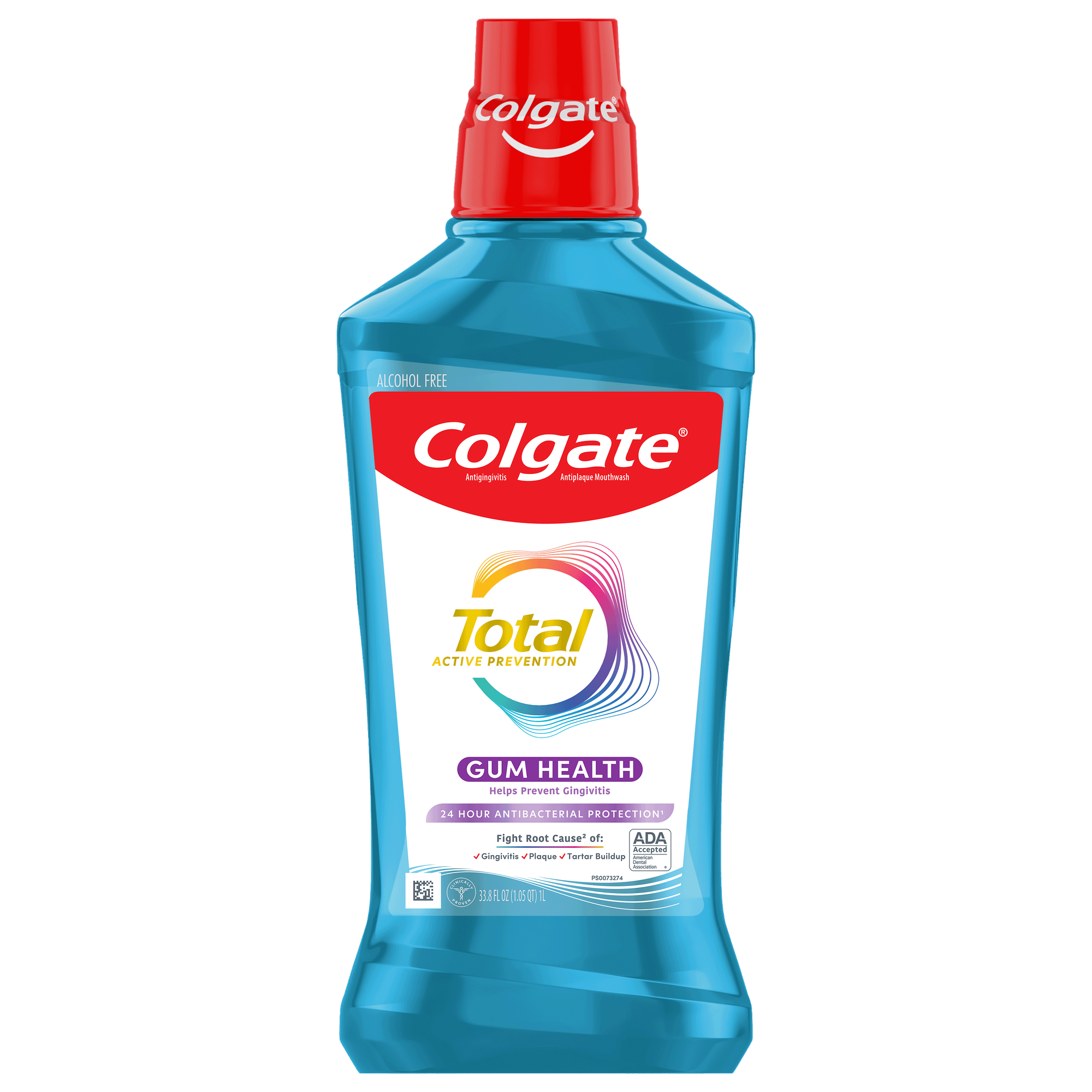How To Strengthen Tooth Enamel
The hard outer layer covering the crowns (tops) of your teeth is known as the enamel. Interestingly, enamel is the hardest material produced by the human body. This vital layer protects the soft inside of your teeth (also known as the pulp) from damage, decay, and infection.
Even though enamel is a robust material, it can thin out over time. If you don’t practice proper dental hygiene or have an unhealthy diet, bacteria can wear down your enamel over time and lead to cavities through tooth decay. Additionally, other behaviors can contribute to dental erosion, damage to your enamel caused by an acidic environment that’s not due to bacteria.
Causes of weakened enamel may include:
- Improper dental habits
- Unhealthy diet, especially consuming overly-sugary or acidic foods and beverages
- Brushing too hard or using a hard-bristled toothbrush
- Chronic health conditions
- Smoking or using tobacco products
- Acid reflux or vomiting
- Overconsumption of alcohol
- Dry mouth (also known as xerostomia)
- Traumatic injury
It’s crucial to care for your enamel as it does not regenerate on its own like the cells in your bones do. Saliva helps maintain your enamel by mineralizing it, neutralizing acidity, and washing away food matter, but it will not fully heal it.
You may be wondering how to strengthen enamel. Luckily, there are steps you can take to support your enamel and prevent further damage; we’ve outlined four top tips for you below.
1. Avoid Unhealthy Dietary Choices
When it comes to protecting your enamel and your long-term oral health, avoiding unhealthy dietary choices is your most powerful option. A sugary and acidic environment is exactly what bacteria need to grow in your mouth and break down your enamel, so foods and drinks that feed bacteria are smart to avoid.
Items that are both sugary and acidic will be doubly harmful to your oral health if consumed regularly. According to the American Dental Association, soft drinks are a major contributor to dental erosion.
Dietary habits that may damage your enamel include:
- Snacking too much between meals
- Soda, soft drinks, and sports drinks
- Juices containing citruses like lemon, lime, or grapefruit
- Candy, pastries, and other desserts
- Drinking excessive alcohol
- Chewing on ice, non-food items (like pens and pencils), and hard foods like peanut-brittle
- Any overly sugary or acidic food or beverage
If you do end up eating the occasional treat, it’s best to rinse with water or mouthwash after to help prevent some of the associated damage. Also, be sure to brush your teeth soon if possible, the American Dental Association recommends waiting 60 minutes after a meal or snack.
2. Choose a Tooth-Healthy Diet
In the same way that some foods and drinks can contribute to tooth decay, some dietary choices are powerful ways to support your enamel and oral health. Choices that support your oral health will be rich in nutrients, promote saliva production, promote remineralization, or all of the above!
Healthy dietary choices for your enamel may include:
- Whole grains
- Fruits and vegetables
- Lean proteins
- Low-fat dairy products
- Water (to stay hydrated!)
Helpful tip: Chewing sugar-free gum that contains xylitol is also a great way to promote saliva production and keep your enamel strong!
3. Choose Fluoridating Products
There are various products available to help maintain your enamel’s health, including those that remineralize your teeth. Chief among these are products that contain fluoride, a helpful element that helps strengthen your teeth and prevent cavities.
Products that contain fluoride may include:
- Toothpaste
- Mouthwash and antiseptic mouthrinse
- Water (most tap water contains fluoride!)
If you’re searching for the most effective option available, it’s a good idea to consult your dental professional about concentrated fluoride gel that they can apply during a scheduled visit. They’ll also be happy to provide other vital diagnoses and treatment advice regarding your oral health.
4. Proper Dental Hygiene
When it comes to your oral hygiene, the best news is the most powerful choices are entirely within your control. We discussed the first major choices above about your diet. The second is practicing a proper dental care routine.
Oral hygiene tips to properly care for your enamel may include:
- Brush gently for two minutes twice a day using a soft-bristled toothbrush
- Clean between your teeth once a day using floss, a flossing device, or an interdental brush
- Replace your toothbrush when it becomes frayed or worn
- Select a fluoridated, enamel-hardening toothpaste
- Visit your dental professional at least every six months to address oral problems early and prevent long-term damage
If you’re struggling to make lasting changes to your diet or dental routine, remember that the first day will be the hardest. The longer you maintain your routine, the more the habit will build and the easier it will be to make healthy choices. You’ve made a tremendous first step by reading up on the top four choices for your enamel’s health and what you can do.
Oral Care Center articles are reviewed by an oral health medical professional. This information is for educational purposes only. This content is not intended to be a substitute for professional medical advice, diagnosis or treatment. Always seek the advice of your dentist, physician or other qualified healthcare provider.
ORAL HEALTH QUIZ
What's behind your smile?
Take our Oral Health assessment to get the most from your oral care routine
ORAL HEALTH QUIZ
What's behind your smile?
Take our Oral Health assessment to get the most from your oral care routine















